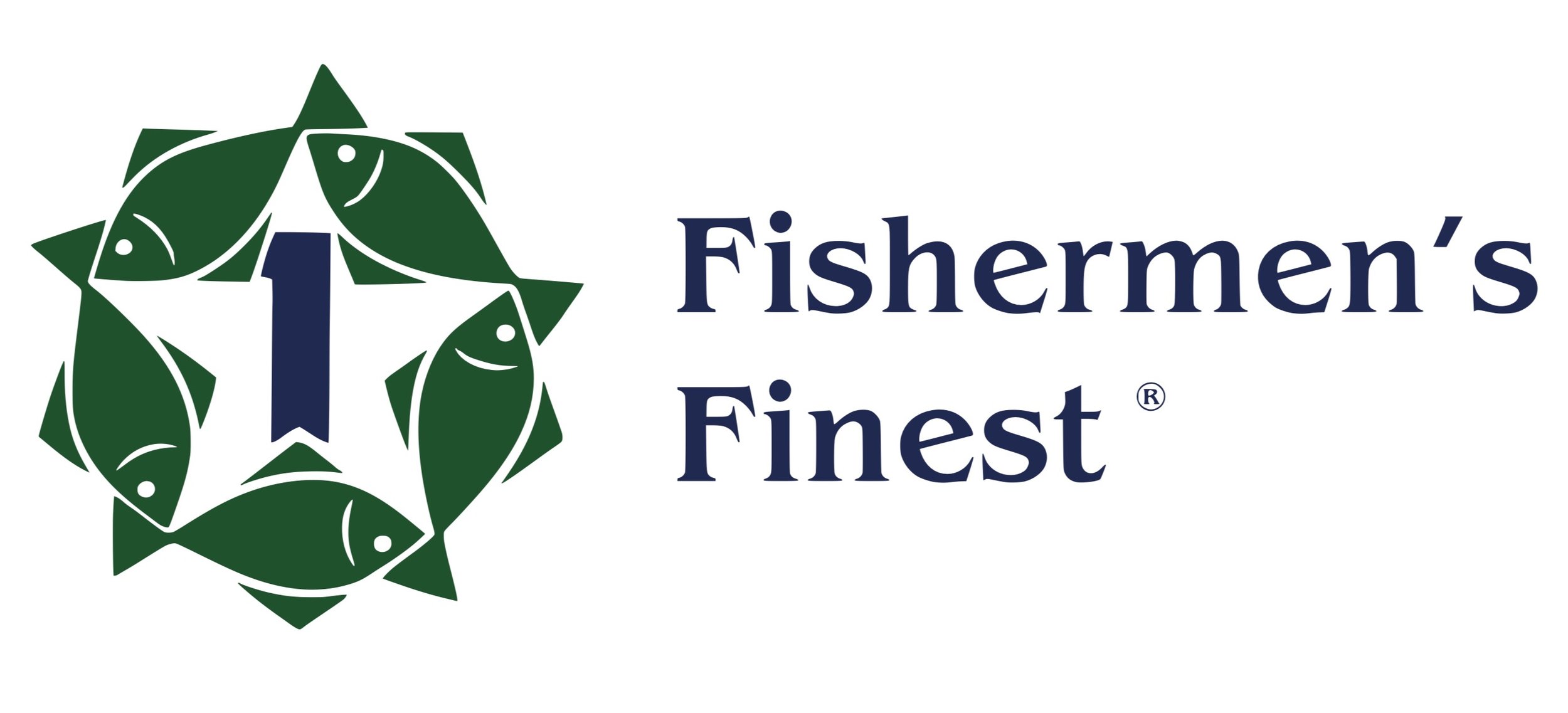Undercurrent HJ Park

Seafood Entrepreneur: The Korean woman company founder who pushed for Americanization of Alaskan groundfish fishery
by Jeanine Stewart Undercurrent News August 20, 2015
Late one night on the remote island of Unalaska, the site of Alaska’s tiny groundfish processing town Dutch Harbor, Korean-born Fishermen’s Finest founder and CEO Helena Park went from fisherman’s wheelhouse to fisherman’s wheelhouse, knocking on doors to gauge interest in a new business plan.
"My ultimate goal was to have a catcher processor," Park told Undercurrent News, referring to her desire to go in on a vessel purchase with a fishermen two years into her career in the Alaska groundfish industry. "But I didn't have the boat, so in the interim, I got to know these fishermen."
Park met a variety of characters that have gone down in Alaska groundfish fishing lore, including Kjell Inge Rokke, the founder of American Seafoods Group who recently made an investment to help boost the company's efforts to pay down debt. Rokke at one point fished for Vitus Venture.
“He was one of the fishermen running around at the right time and in the right place like me,” Park said, adding that it also took foresight and skill for Rokke to launch the immense fishing empire that he did. American today has the largest Alaska pollock quota of any player in the industry.
Having gone to high school in the US, Park had gone on to get both undergraduate and MBA degrees in the US and attain citizenship.
She started her own company, Vitus Venture Fishing, in 1985, built on her ability to connect 16 catcher processor vessels to four motherships that she had access to through Vitus Venture.
Park’s unique sense of allegiance to the US fisheries, ironically, started during her year as an operations manager with Korea-based Marine Enterprise Corporation in 1983.
At that time, fisheries managers were under advisement by the Fishery Conservation and Management Act – later renamed the Magnuson-Stevens Act – to move foreign players out and domestic players in.
Park quickly became eager to capitalize on the Americanization trend, for the sake of her own business aspirations and those of American fishermen.
It was the fishermen, she says, that were the most insistent she make a play for resource herself.
“A lot of it had to do with fishermen from Korea saying ‘Ms. Park, can’t you see what’s happening here? We can no longer fish out here on our own,” she told Undercurrent News from her office in Kirkland, outside Seattle. Today, her company, Fishermen’s Finest, has two Amendment 80 vessels and is in the process of building another – the America’s Finest. Coming in 2017, the vessel will join O’Hara Corporation’s new Araho vessel as one of the only two new vessels to join Alaska’s Amendment 80 (flatfish catcher processor) fleet in nearly three decades.
Although it was Park's ties to Korean companies and ability to speak the language that first launched her career, she believed strongly that US citizens are the ones that should benefit from US fisheries.
“I’d like to have all the jobs stay here,” she said.
In the early 1990s, Fishermen's Finest founder Helena Park (dark haired woman, center) delivered fish via her co-owned vessel, the American Number 1, to a Korean Tramper at Dutch Harbor. Pictured is Park, with the Korean tramper crew and the FFI ship insurance broker at the time, Joanne Edelman.
She points to the vessel Fishermen's Finest is building -- the new $70m America’s Finest set for completion in November of 2017 -- investment as her current effort to enhance jobs in fishing. It will not only further the flatfish industry’s future stability but also provide jobs to the shipbuilding industry.
Vitus Venture did not satisfy her ambitions. She wanted to “make more of a platform” for fishermen, she said.
After writing up a business plan and shopping it around to fishermen, she encountered Rudy Petersen, who became her business partner for the company North Pacific Fishing, which purchased its first catcher processor, the American No. 1, in 1986.
The two ran the company together until 1997, when North Pacific purchased the US Intrepid and created another company called US Fishing LLC. That year, Park also established Fishermen’s Finest, which utilized the catch of these vessels.
Thirst for progress unquenched
Today, the desire to create opportunities for fishermen lies at the root of her decision to build Fishermen’s Finest’s new vessel. The company has met an unanticipated share of challenges when the North Pacific Fishery Management Council cut the Amendment 80 sector’s halibut bycatch allocation by 25% in June.
Despite the decreased revenue expectations that come with this – it could mean an equally large cut in revenue – Park presses on with the shipbuilding plans, if for no other reason than for the sake of the industry.
“You feel you need to do something more, and I wanted to do something that has broader impacts," she said.
She hopes that, despite the uncertainties that come with the halibut bycatch allocation cuts, the new boat can inspire a revolution in shipbuilding throughout the aging and ailing Amendment 80 fleet.
She hopes these impacts go beyond her crew, her company and even her industry – to the US shipbuilding industry as well. Although paying for the vessel will take years and does come with some uncertainty, Park's excitement about its impact has not waned. After all, the economic impacts she's excited about go beyond Fishermen's Finest.
"It's all about people," she said.
At this point, Park is aiming to give back to the fishermen that have encouraged her -- through their work or through direct statements about her own potential in the industry -- along the way.
"It was really believing in people that got me to where I am," she said.
